Yichun city in Heilongjiang could see its record low of -47.9 degrees Celsius, set in January 1980, broken early this week, according to a weather forecaster.
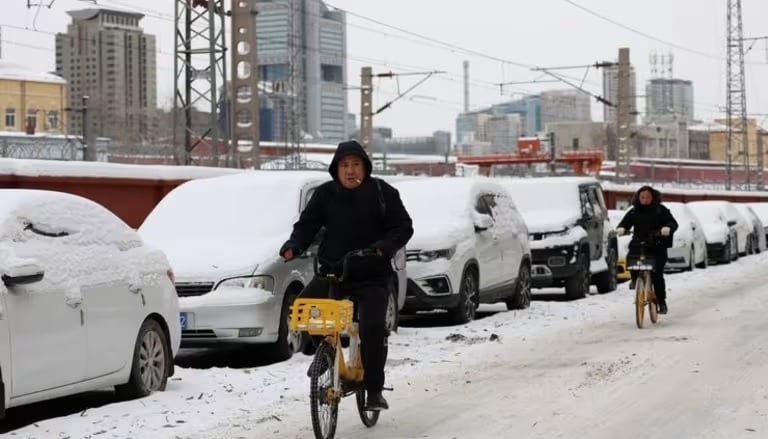
A snow-covered street in Beijing, China on December 15, 2023. Photo: Reuters
China's Ministry of Agriculture has launched an emergency response and the national disaster prevention and control authority has issued instructions to local governments to prepare emergency plans and snow and ice removal equipment.
“Thermal coal reserves need to be made in advance to ensure normal power generation of power plants during the critical period,” the statement said, calling on local governments to “ensure stable and orderly national energy supply and demand.”
On Friday, Chinese President Xi Jinping called for an "all-out" emergency response to the cold snap that began earlier this week with snowfall, icy roads and heavy fog causing numerous road accidents.
South Korea is also in the midst of its coldest weather season, with temperatures in Seoul plummeting to -12.4 degrees Celsius on Sunday morning (December 17). The temperature continued to set on Monday morning.
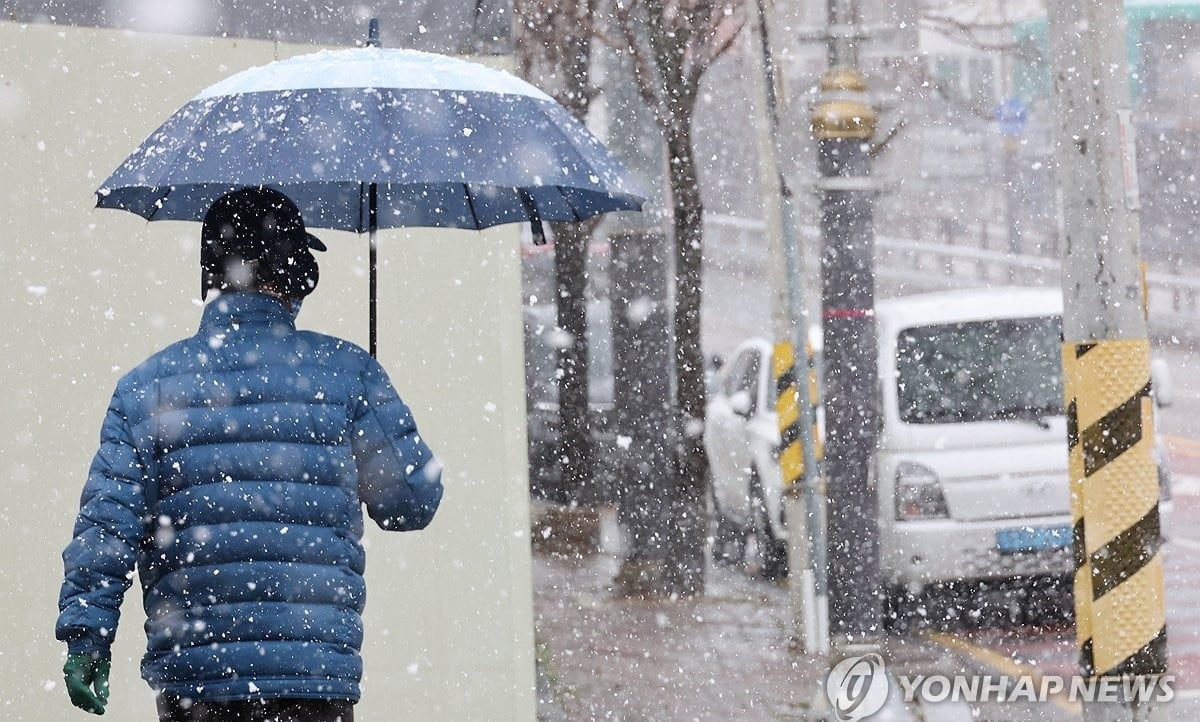
Heavy snow falls in North Jeolla Province, South Korea on December 16, 2023. Photo: Yonhap
The cold weather is expected to continue, with "morning lows expected to range from minus 17 degrees to 2 degrees nationwide throughout the week," The Korea Times reported.
A cold wave advisory is in effect for areas including Seoul, Busan, Daejeon and Daegu from 9pm on Saturday. Authorities have also issued a heavy snow warning for the central and western parts of the country.
Authorities in Seoul maintained a cold wave advisory on Sunday and said they were taking precautions against possible damage, including providing temporary shelter for the homeless and increasing patrols to prevent traffic accidents on icy roads.
The Korea Herald reported that a KTX train was damaged on Saturday night due to the cold weather. Cracks were found on the train's exterior windows, but no passengers were injured.
There were also 28 reports of damage caused by strong winds reported to the Seoul Fire Department as of Sunday morning. These included building facades being destroyed and roof structures being blown off.
The cold snap has also affected about 100 flights - most of them to and from Jeju Island - due to strong winds or snowfall. The cold wave and heavy snowfall caused 14 flights to the resort island to be cancelled on Sunday afternoon.
The agency quoted officials at Jeju International Airport as saying that 97 other flights were delayed. Jeju police were controlling traffic on all 1,100 roads across the island, allowing only large vehicles equipped with antifreeze to travel.
Bui Huy (according to Yonhap, Reuters, CNA)
Source


![[Photo] Pink ball and table tennis](https://vphoto.vietnam.vn/thumb/1200x675/vietnam/resource/IMAGE/2025/5/26/d9f770bdfda243eca9806ea3d42ab69b)




![[Photo] Official welcoming ceremony for French President Emmanuel Macron and his wife on a state visit to Vietnam](https://vphoto.vietnam.vn/thumb/1200x675/vietnam/resource/IMAGE/2025/5/26/a830702ef72f455e8161b199fcefc24d)






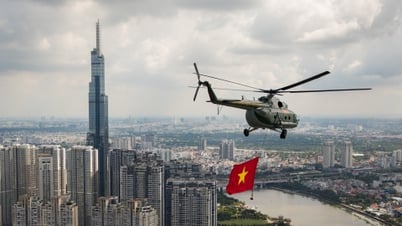
















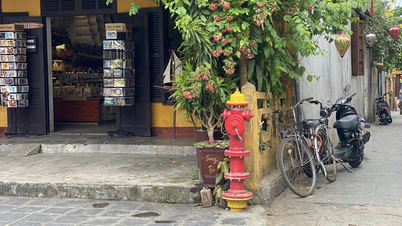






























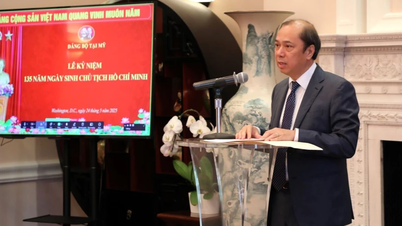


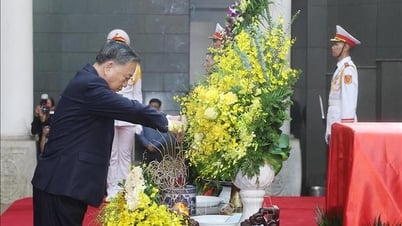







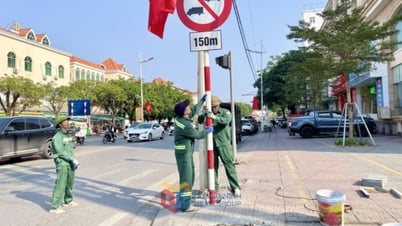
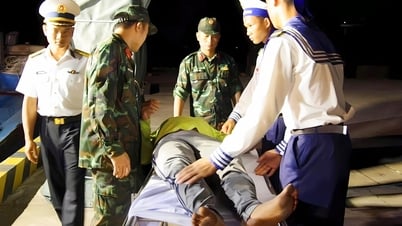

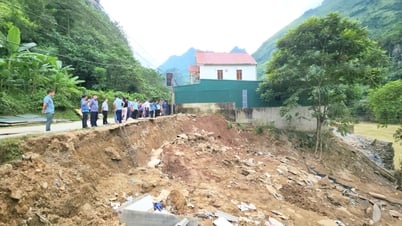



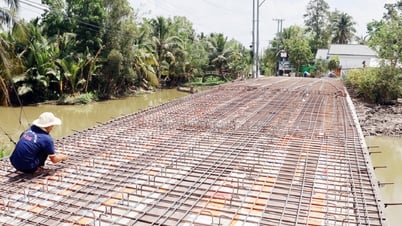




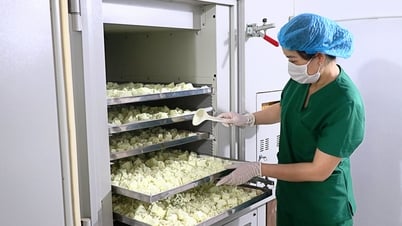

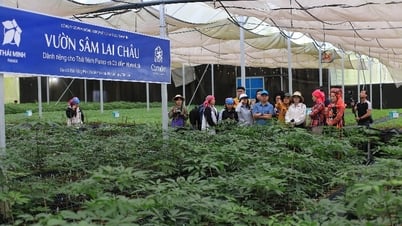







Comment (0)